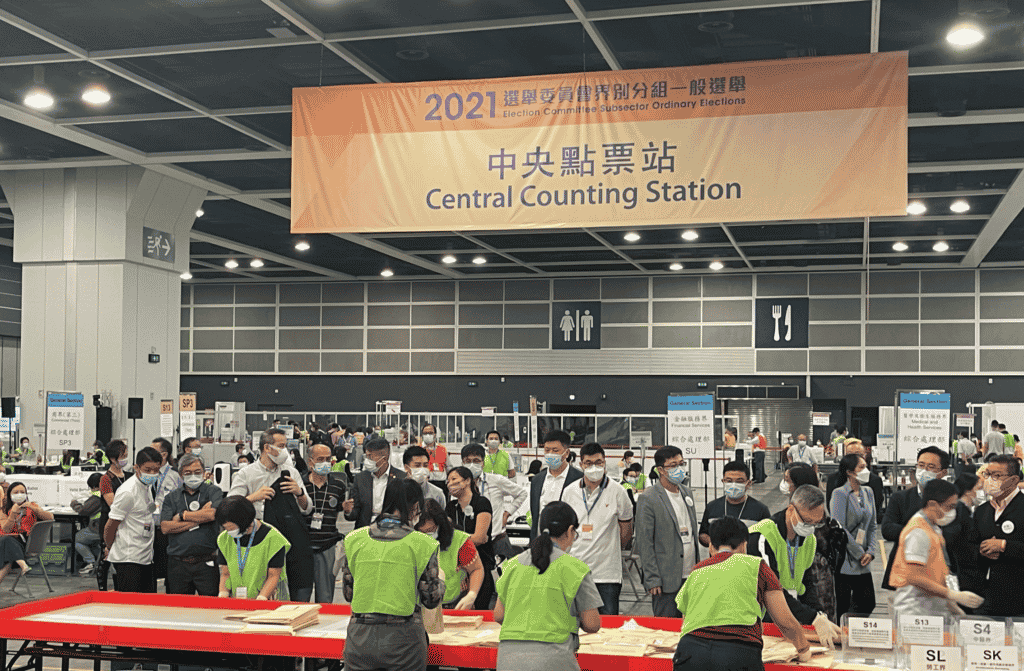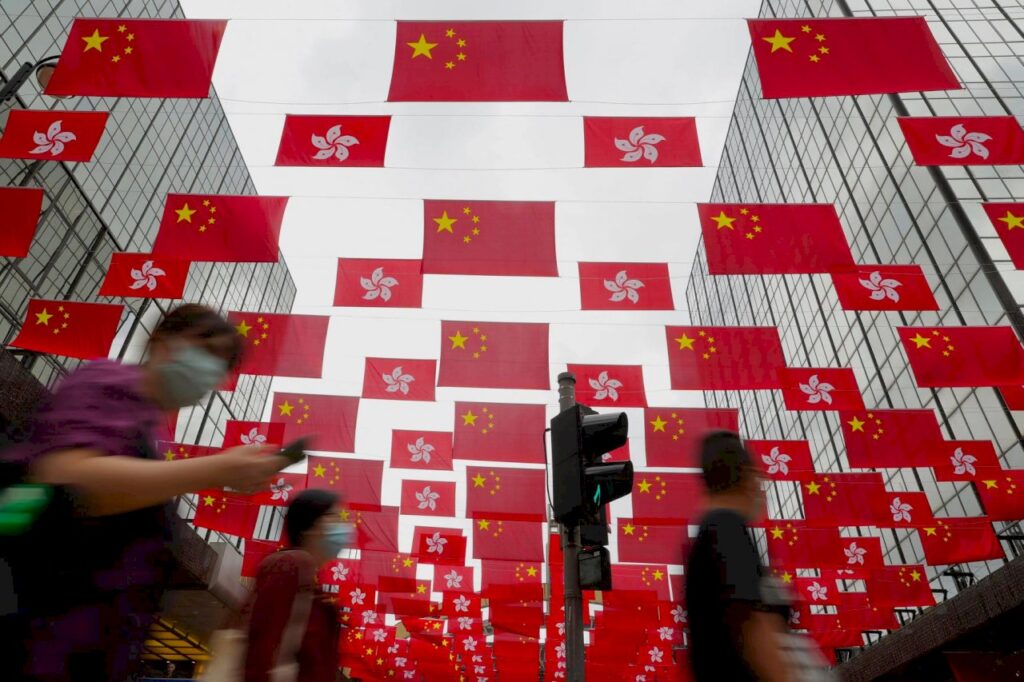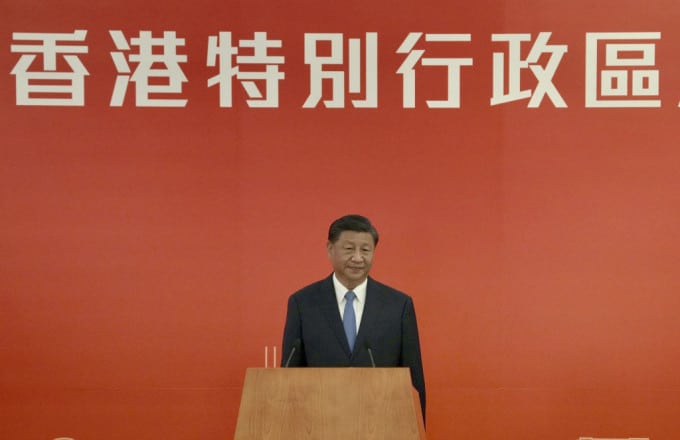The election committee nomination period for voting on the chief executive and 40 members of the Legislative Council has ended, and there is still the final hurdle of the qualifications review to prevent "pseudo-patriots" from intruding. This is the first election after the "improving of the electoral system". All walks of life are preparing for it. I believe there is no doubt about the patriotism of the candidates. The only surprise is that many people from the professional sector waited until the last day to submit their applications. For the sectors that were thought to have been successfully coordinated, the final number of candidates was exactly one or two more than the number of seats. About one-third of the total sectors need to be determined in the September election. Win or lose.
Understanding Hong Kong-style elections through corporatism
The Election Committee is divided by industrial sectors, and the functional groups of the Legislative Council apply the same logic, adding a corporate flavor to the electoral system with Hong Kong characteristics. Corporatism is a model for the government to share power with the private sector, using institutional channels to incorporate sectoral interests into government decision-making. A common approach is to stipulate by law that a consulting organization must appoint representatives from relevant trade unions or chambers of commerce. Recently, the SAR government warned that if the Hong Kong Law Society turns politicized, it will no longer reserve seats for statutory bodies. This is a negative example. Corporatism is very common in social and economic fields, but it is unique in its application to political institutions. The Houses of Lords in Ireland and Slovenia have industry groups, similar to the functional groups in the Hong Kong Legislative Council. Their main function is to check and balance the democratically elected House of Commons.
In the wave of populist power and extreme politics, many groups are entangled in hostile relationships. How political institutions can reflect balanced participation has become an important issue. In the past, some countries experienced communal conflicts of different languages or ethnicities and evolved a political model to peacefully handle conflicts and bring together communities representing different interests to form a government. This is generally called consociational democracy. Examples include Belgium, Austria and The Netherlands is a typical example. Deliberative democratic majority cooperation with proportional representation elections lowers the threshold for election, making it easier for social minorities to win seats and participate in the system to express their voices. However, after the Hong Kong-style proportional representation system favored minorities, it was then integrated into two major political camps. In the end, each took its own side and created greater conflicts, which has deviated from its original intention.
Election committee should rely on performance to win reputation
After this year's electoral system reform, the Election Committee has added an element of deliberative democracy to the corporatism of industrial sectors by adding hometown associations, grassroots associations and mainland Hong Kong people's organizations divided by cultural and clan backgrounds. Most sectors of previous election committees have been automatically elected, and this year is no exception. However, the absence of official elections does not mean that they are directly appointed. The internal competition in group politics can also be very fierce, but the recommendation and selection process is not necessarily open to outsiders. Some industry organizations themselves are elected by their members, some candidates revealed that they are coordinated by liaisons with powerful status in the sector, and some groups are determined by drawing lots to avoid harming harmony or in accordance with sectoral traditions.
Since the handover, the general public has not had the opportunity to participate in the Election Committee, and "small circle elections" are not a matter of the first day. The public will not know every election committee member, but they will care about the chief executive and legislators elected by the election committee in the future. The two suspected chief executive candidates have their own moves and are secretly competing against each other. Carrie Lam visited many universities in recent days and had intensive contacts with the education sector. Chen Mobo went to the district to promote consumer vouchers and actively showed his goodwill to the labor sector. The election committee is an ex-officio member or is nominated and elected by a group. Individual members have no accountability and are not authorized. However, they can be "good at performing their duties", conduct consultations within the industry, win reputation with actual performance, and define a new election system. atmosphere and style.
Ray Poon
Co-Convenor (Research), Path of Democracy



